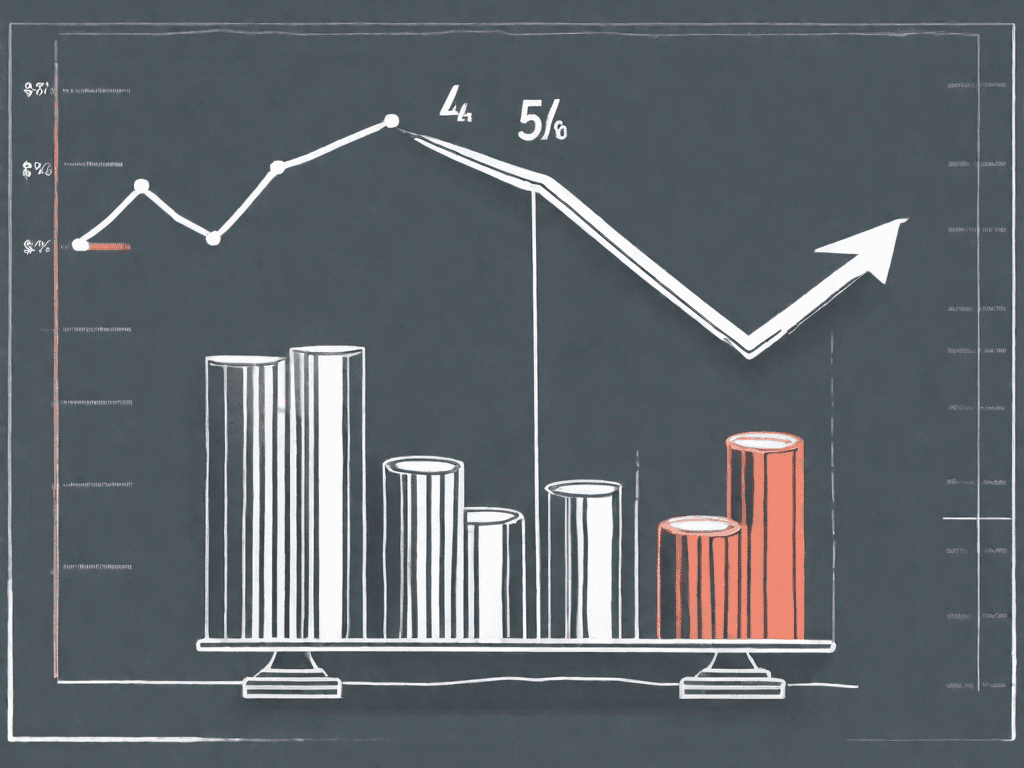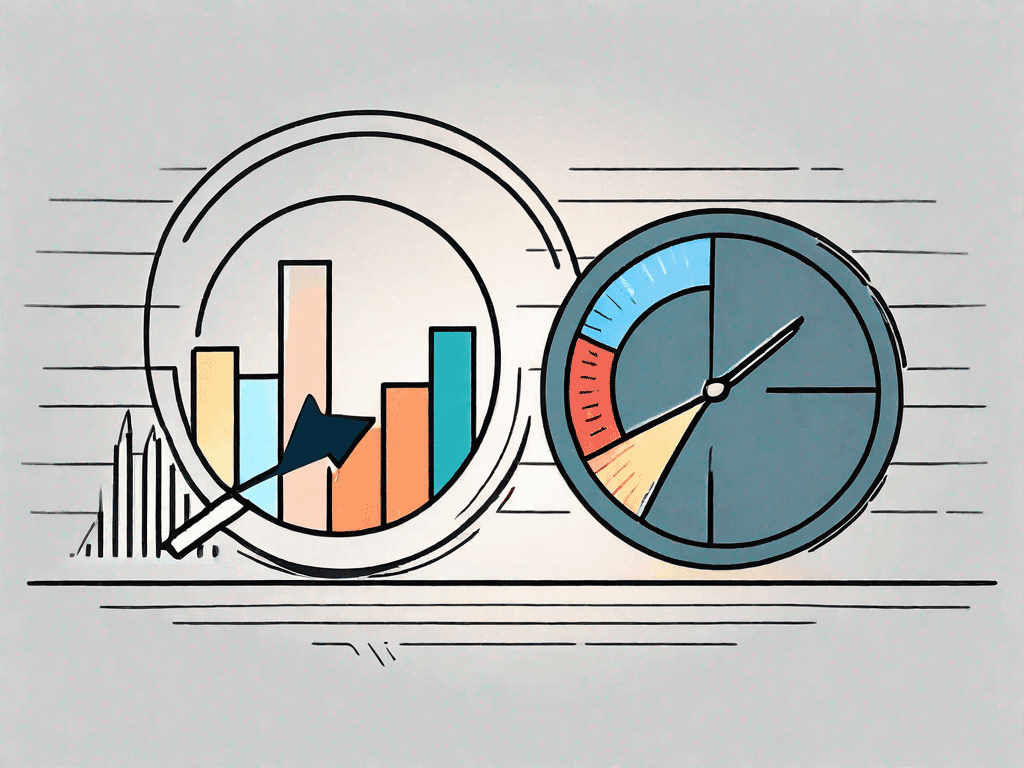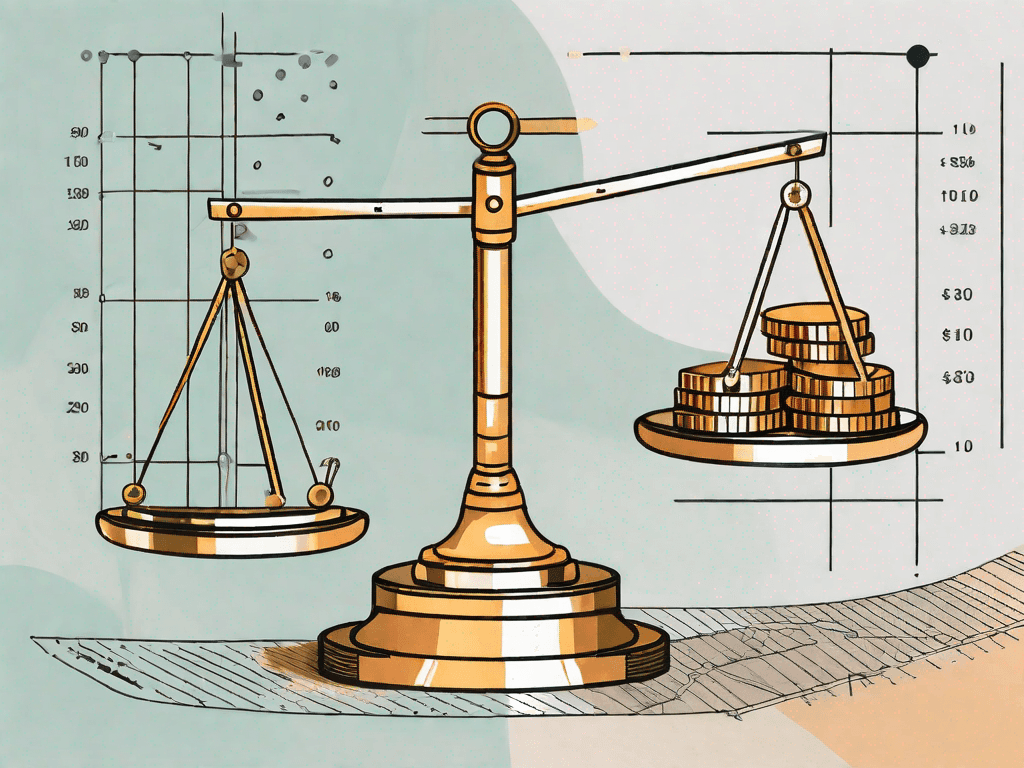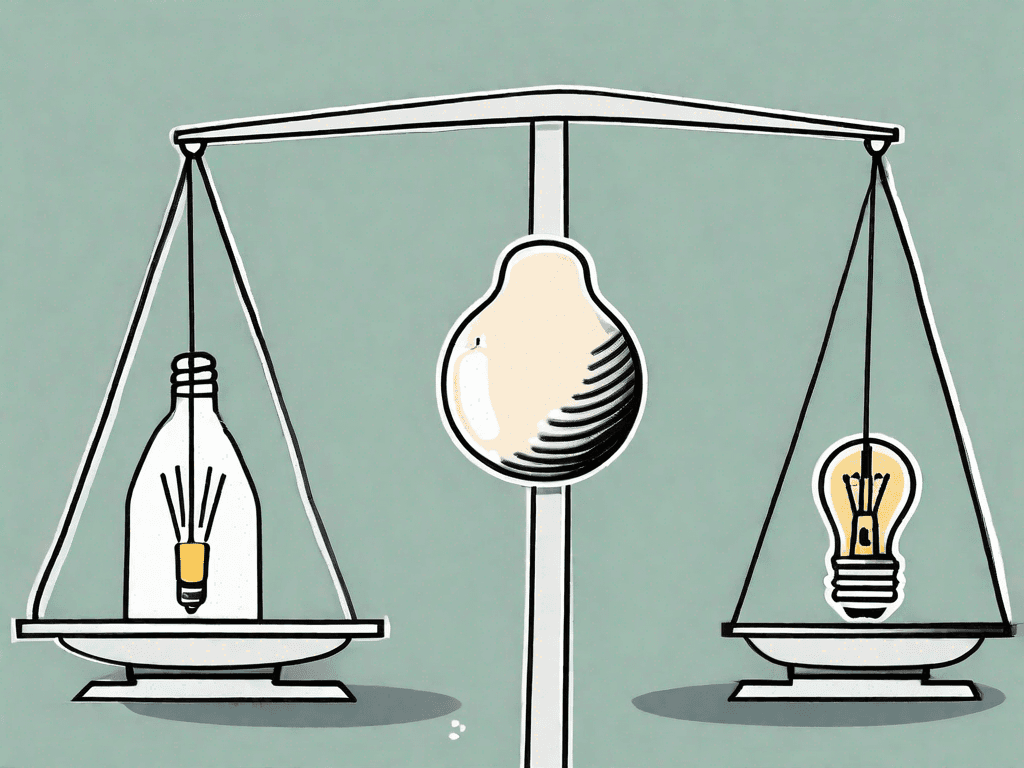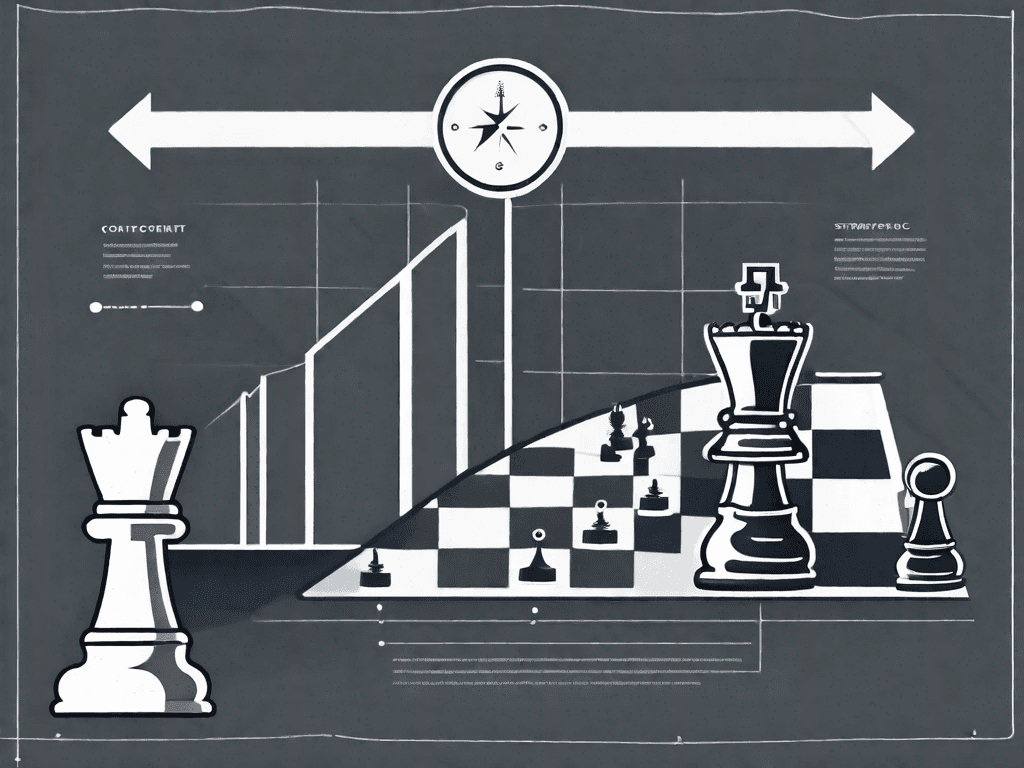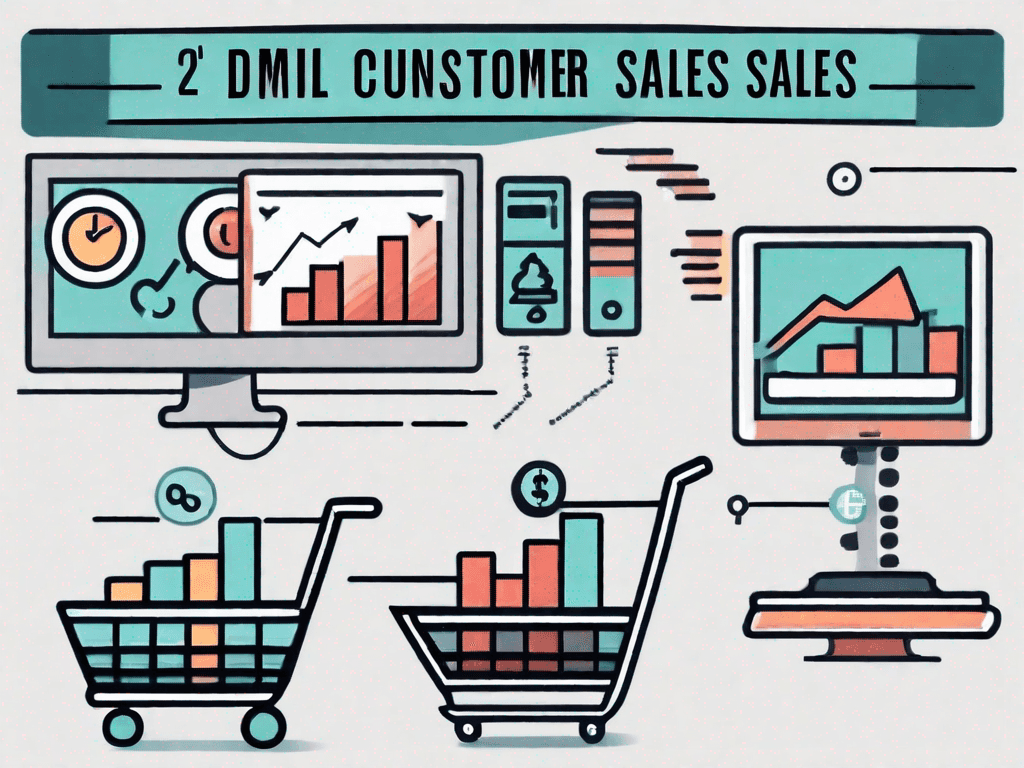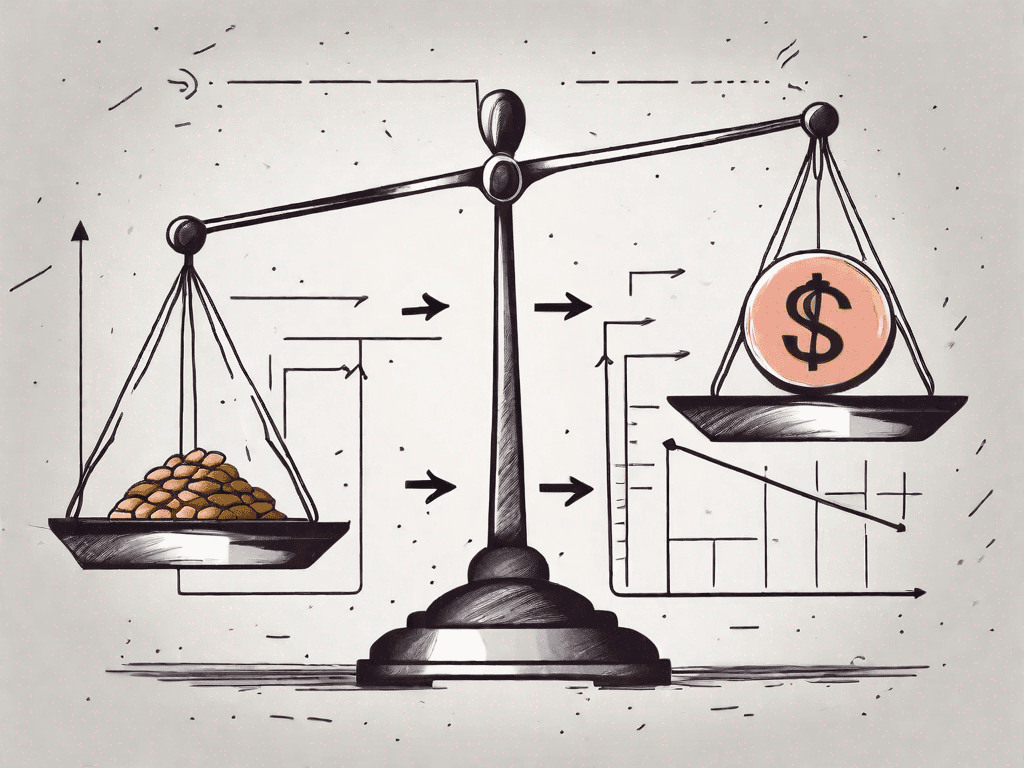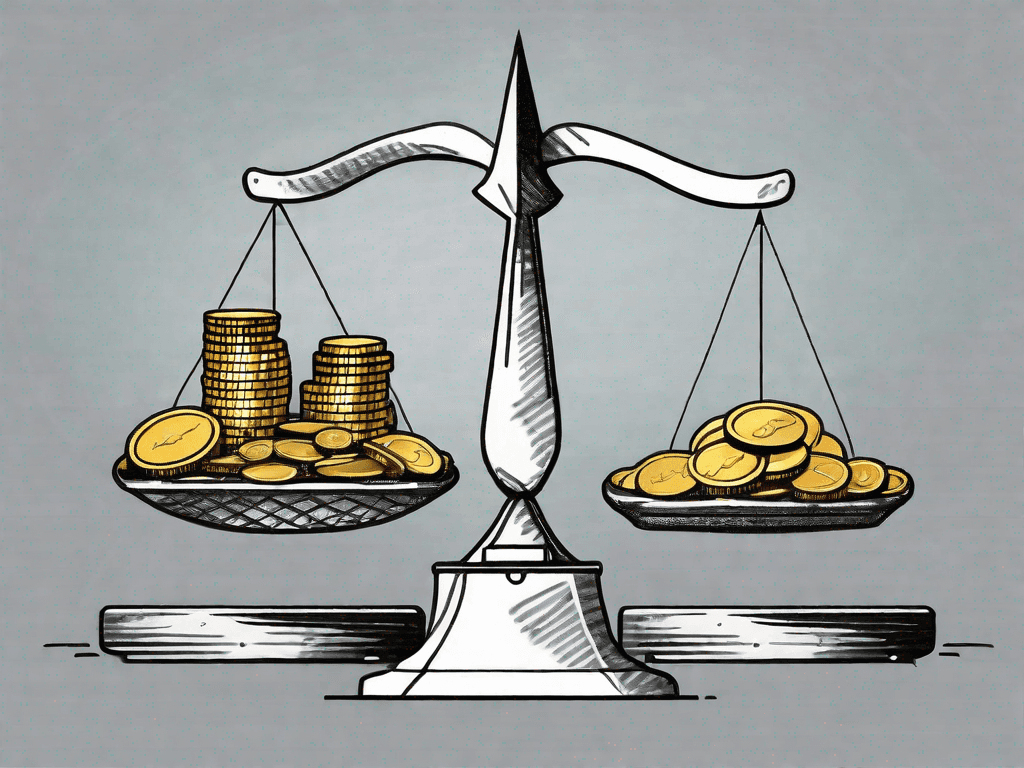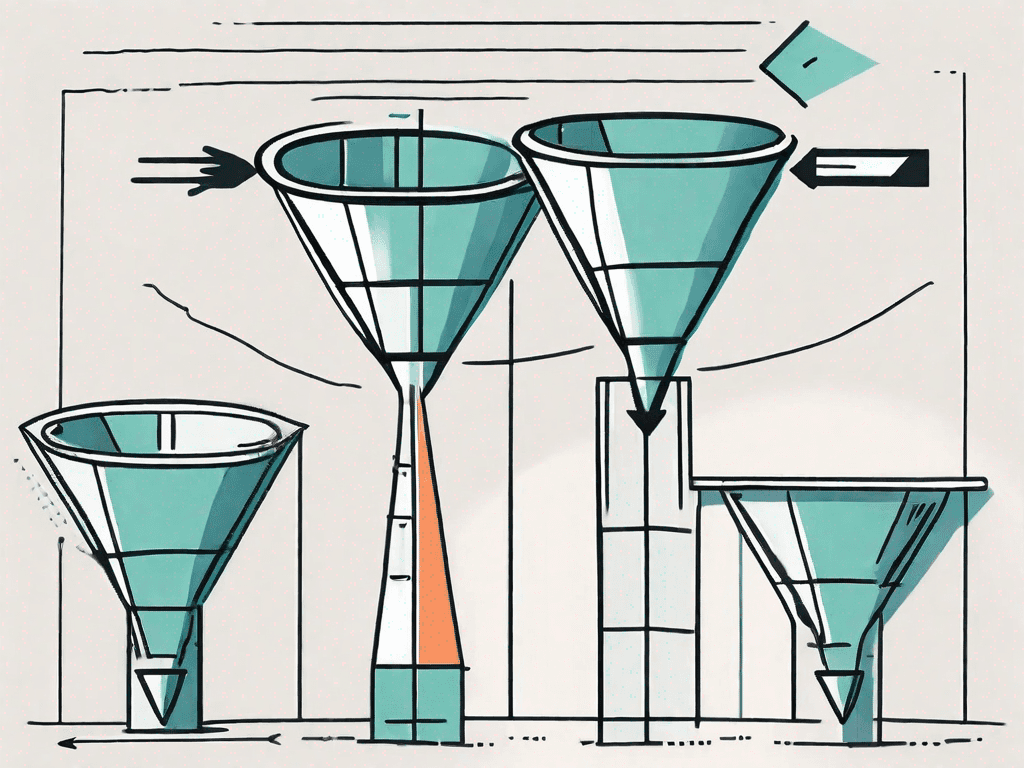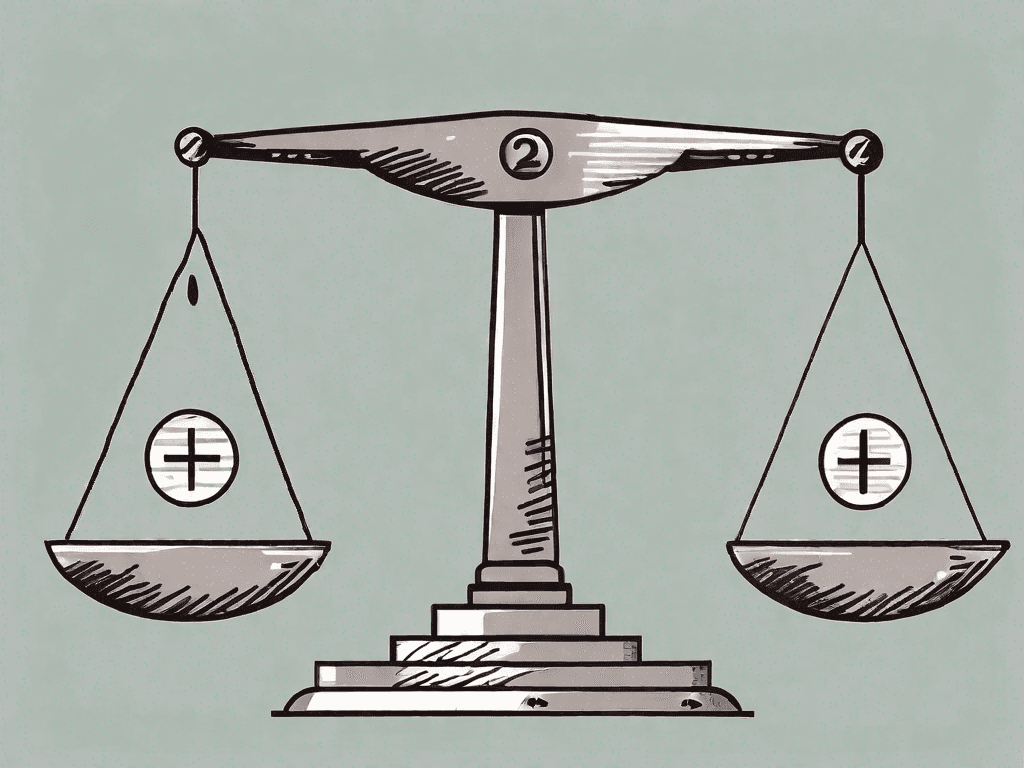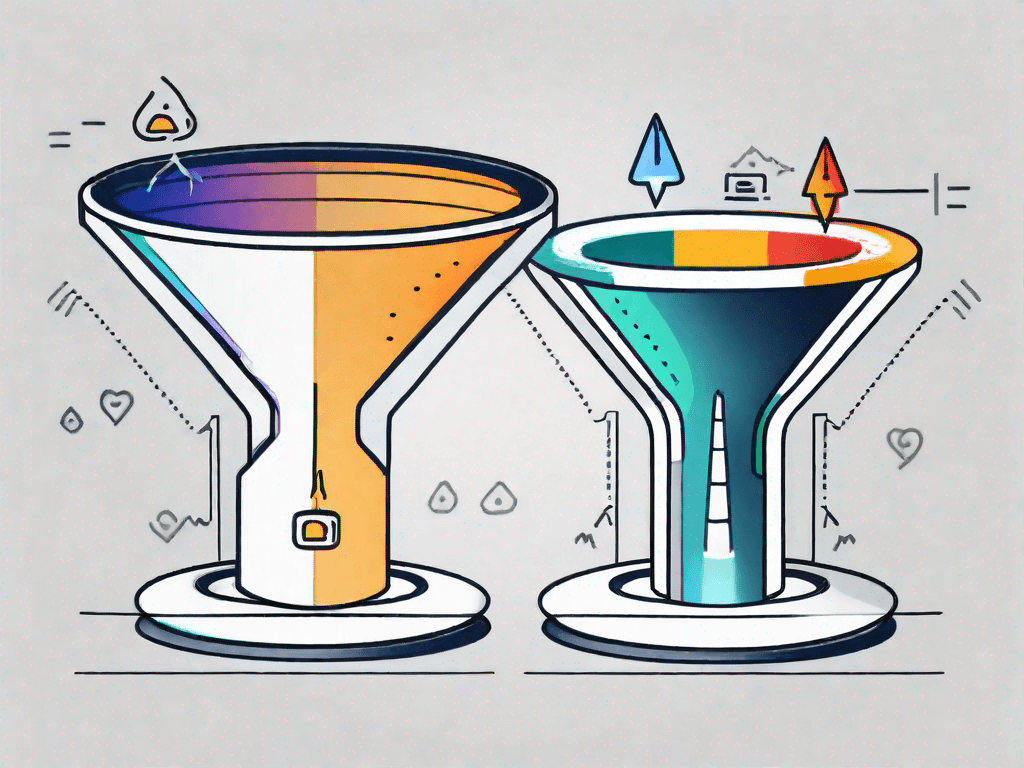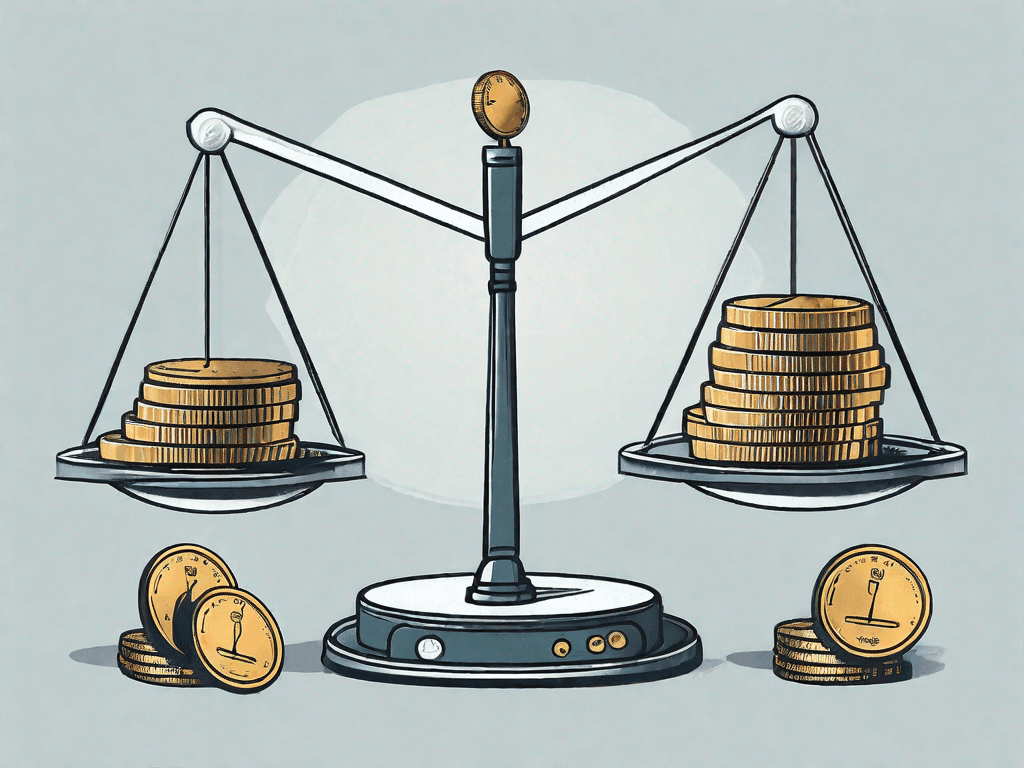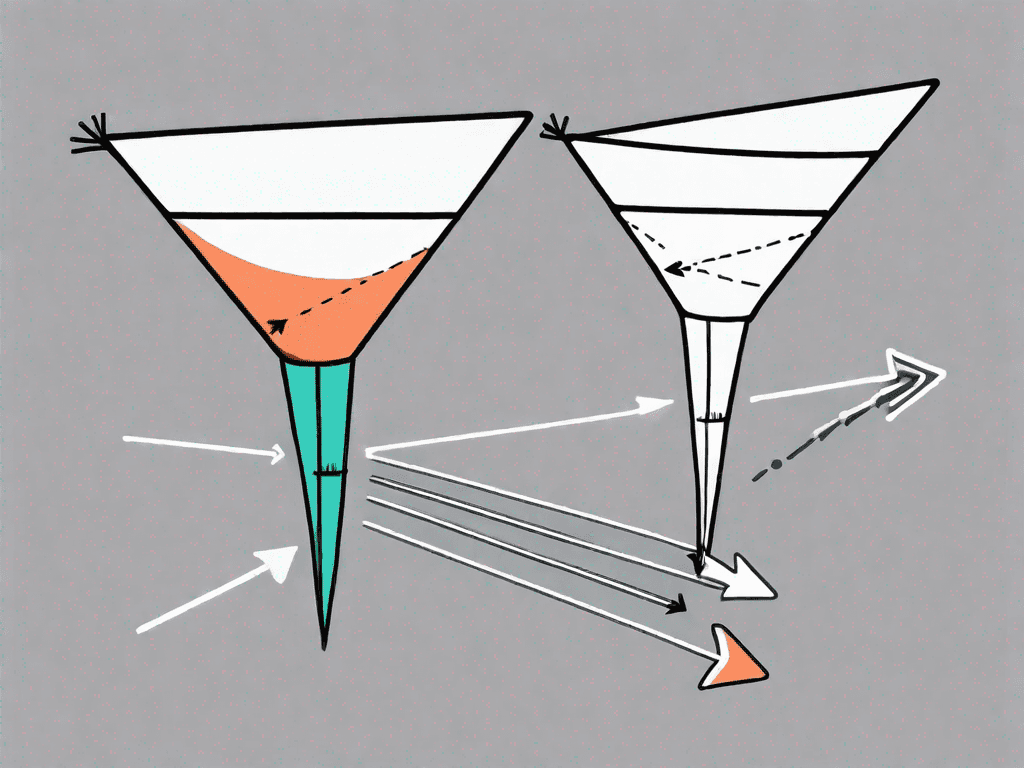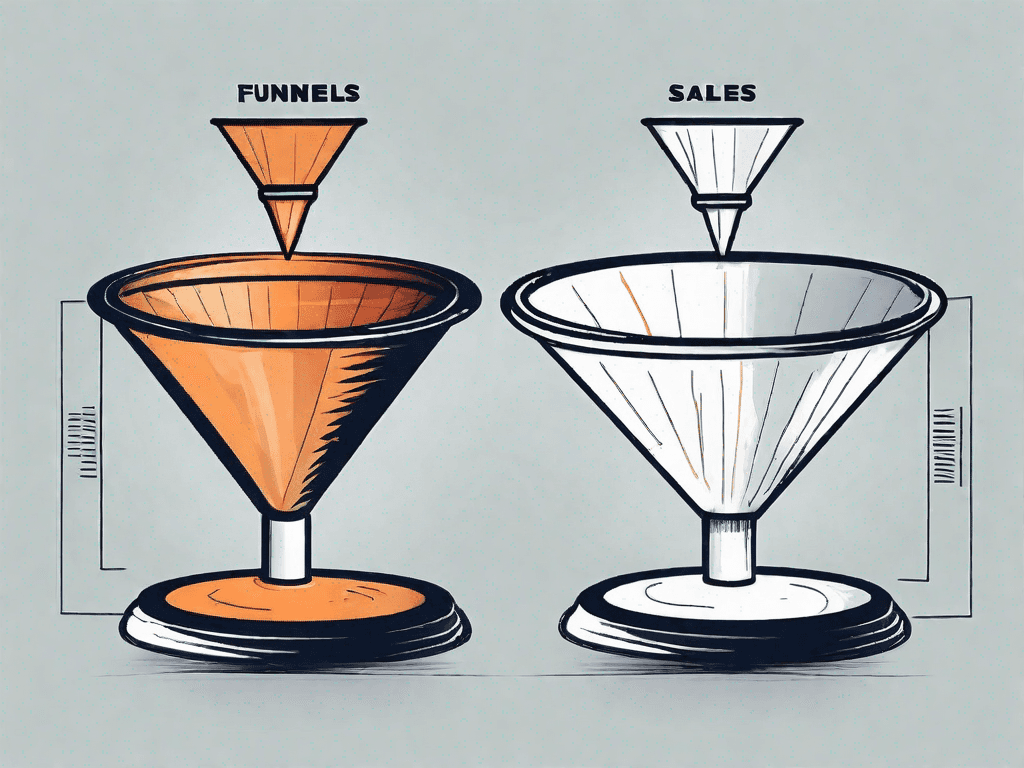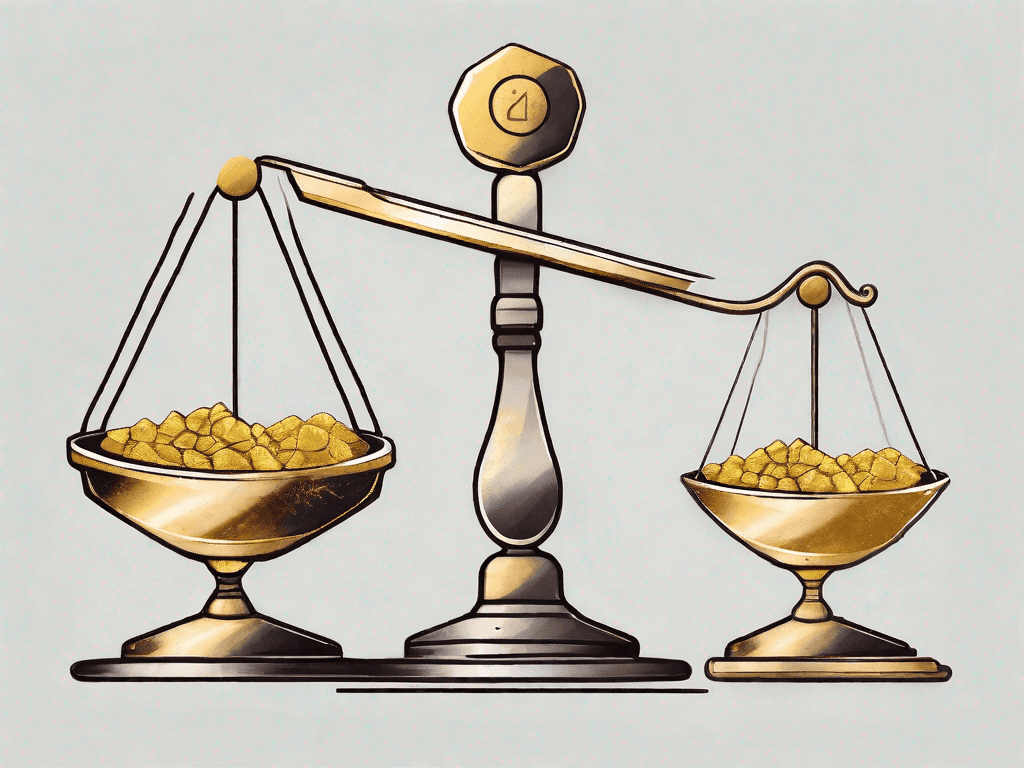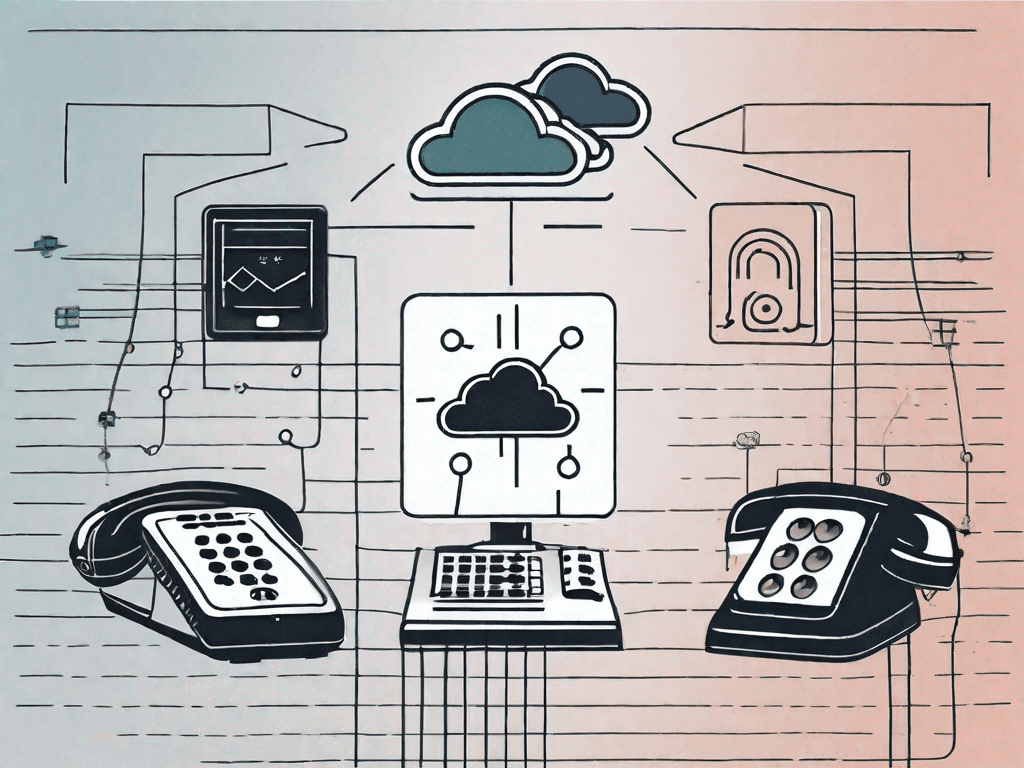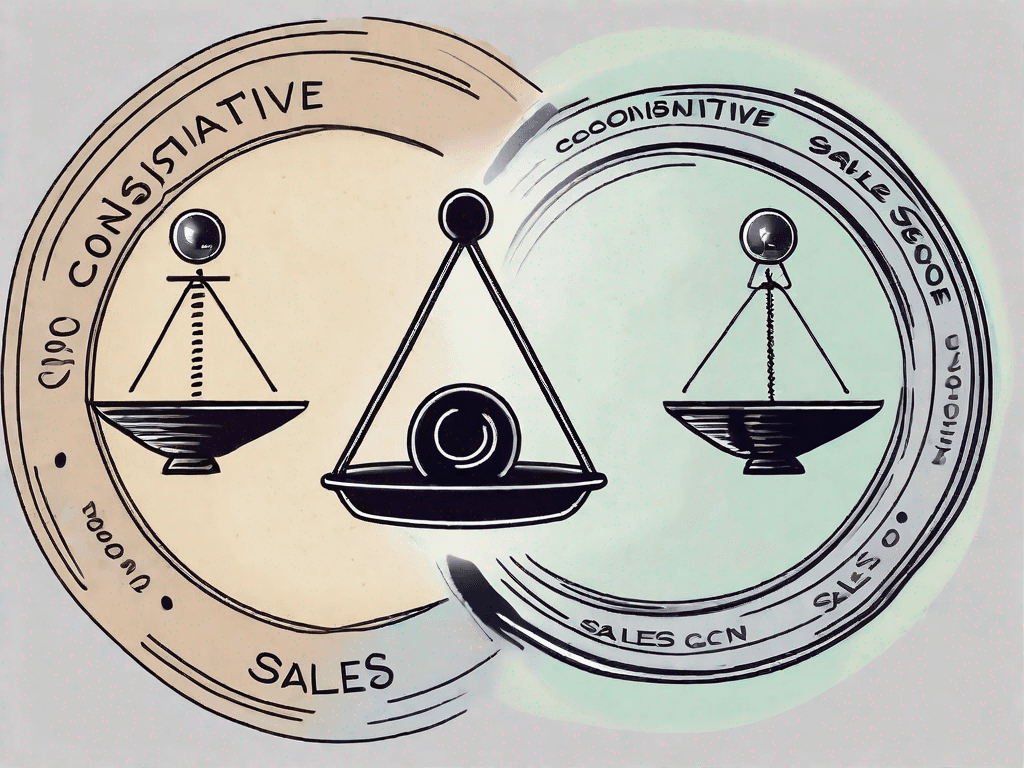
Consultative Selling vs SPIN Selling: What's the Difference?
In the world of sales, there are various approaches and techniques that sales professionals use to close deals and generate revenue. Two popular approaches that are often compared are consultative selling and SPIN selling. While both methods focus on understanding the customer's needs and providing effective solutions, there are some key differences between the two. In this article, we will explore the definitions of consultative sales and SPIN selling, highlight their differences, and provide examples of how they are applied in different contexts.
Defining Consultative Sales and SPIN Selling
What is Consultative Sales?
Consultative sales is a customer-focused approach that involves building relationships, understanding the customer's pain points, and providing tailored solutions. It emphasizes the salesperson acting as a trusted advisor or consultant to the customer, rather than simply pushing products or services. The main goal of consultative sales is to develop long-term partnerships based on mutual trust and value creation.
When it comes to consultative sales, the salesperson takes on the role of a problem solver. They invest time and effort into understanding the customer's needs, challenges, and goals. By actively listening and asking relevant questions, they gather valuable information that helps them offer personalized solutions.
One of the key aspects of consultative sales is building relationships. Salespeople focus on establishing trust and rapport with their customers. They aim to understand the customer's business, industry, and specific pain points. This deep understanding allows them to provide recommendations and solutions that align with the customer's goals and objectives.
Moreover, consultative sales is not just a one-time transactional approach. It is a long-term strategy that focuses on nurturing customer relationships and providing ongoing support. Salespeople stay engaged with their customers even after the sale is made, ensuring that the solutions provided continue to meet the customer's evolving needs.
What is SPIN Selling?
SPIN selling, on the other hand, is a structured sales methodology created by Neil Rackham. SPIN is an acronym that stands for Situation, Problem, Implication, and Need-payoff. This approach involves asking strategic questions to uncover the customer's situation, identify potential problems or challenges, understand the implications of those problems, and finally, present a solution that addresses the customer's needs. SPIN selling focuses on a buyer-centric approach and the art of asking effective questions to guide the sales process.
The first step in the SPIN selling process is to understand the customer's situation. Salespeople gather information about the customer's current state, their existing processes, and any challenges they may be facing. By understanding the customer's situation, salespeople can tailor their approach and recommendations to address specific pain points.
Once the situation is understood, the salesperson moves on to identifying potential problems or challenges. This involves asking probing questions to uncover any areas where the customer may be experiencing difficulties or inefficiencies. By identifying these problems, the salesperson can position their solution as a means to overcome these challenges and improve the customer's business.
Understanding the implications of the problems is the next step in the SPIN selling process. Salespeople explore the consequences and impact that the identified problems have on the customer's business. By highlighting these implications, the salesperson can create a sense of urgency and demonstrate the value of their solution.
Finally, the salesperson presents a solution that addresses the customer's needs. This is done by linking the features and benefits of the solution to the customer's specific challenges and desired outcomes. By showcasing how the solution can solve their problems and deliver tangible results, the salesperson increases the likelihood of closing the sale.
Overall, SPIN selling is a strategic approach that focuses on understanding the customer's needs and guiding them towards a solution. By asking effective questions and uncovering the customer's pain points, salespeople can position themselves as trusted advisors and provide tailored recommendations that drive value for the customer.
What's the difference between Consultative Sales and SPIN Selling?
While consultative sales and SPIN selling share common goals and principles, there are some notable differences in their approach and execution.
In consultative sales, the emphasis is on building rapport and trust with the customer. Salespeople using this approach are advocates for the customer, aiming to understand their unique needs and provide tailored solutions. The focus is on the relationship and long-term partnership, rather than the immediate sale.
On the other hand, SPIN selling is more structured and question-based. It relies on the salesperson's ability to navigate the conversation strategically by asking the right questions at the right time. SPIN selling focuses on understanding the customer's situation and problems, and then presenting a solution that directly addresses their needs.
Another key difference is in the level of customization. Consultative sales involves tailoring the sales approach and solution to fit the specific needs of each customer. The salesperson acts as a consultant, providing unique insights and recommendations. In contrast, SPIN selling follows a more standardized approach, where the salesperson asks a predefined set of questions to understand the customer's needs and present a solution.
Examples of the Difference between Consultative Sales and SPIN Selling
Example in a Startup Context
In a startup context, consultative sales might involve deep research and analysis of the customer's business model, industry trends, and pain points. The salesperson would leverage this knowledge to provide personalized recommendations and strategies that align with the customer's goals. SPIN selling, in this scenario, would focus on asking targeted questions to uncover the specific challenges the startup is facing and then offering a solution that directly addresses those challenges.
Example in a Consulting Context
Let's consider a consulting firm. Consultative sales would involve spending time with the client to understand their business objectives, challenges, and specific requirements. The salesperson would then develop a comprehensive proposal that outlines how the consulting firm can help the client achieve their goals. In SPIN selling, the salesperson would ask strategic questions to better understand the client's current situation, such as financial struggles or operational inefficiencies, and present a customized package that directly addresses their needs.
Example in a Digital Marketing Agency Context
In the context of a digital marketing agency, consultative sales would involve conducting a thorough analysis of the client's current online presence, identifying their target audience and digital marketing goals. Based on this analysis, the salesperson would develop a personalized digital marketing strategy that aligns with the client's objectives. In SPIN selling, the focus would be on asking specific questions about the client's online advertising needs, identifying potential gaps or challenges, and offering a tailored solution that enhances their digital marketing efforts.
Example with Analogies
To further illustrate the difference between consultative sales and SPIN selling, let's consider an analogy. Consultative sales can be compared to a personal stylist who takes the time to understand your fashion preferences, body type, and lifestyle before recommending an outfit that suits you perfectly. SPIN selling, on the other hand, is more like a doctor who asks probing questions to diagnose your symptoms accurately and prescribes a treatment plan that directly addresses your health concerns.
In conclusion, consultative selling and SPIN selling are both valuable approaches in the world of sales, but they differ in their focus, level of customization, and methodology. Consultative sales emphasizes building relationships and providing personalized solutions tailored to the customer's needs, while SPIN selling relies on asking strategic questions to understand the customer's situation and present a targeted solution. Understanding the differences between the two can help sales professionals choose the most appropriate approach for different sales scenarios, ultimately leading to increased success and customer satisfaction.











